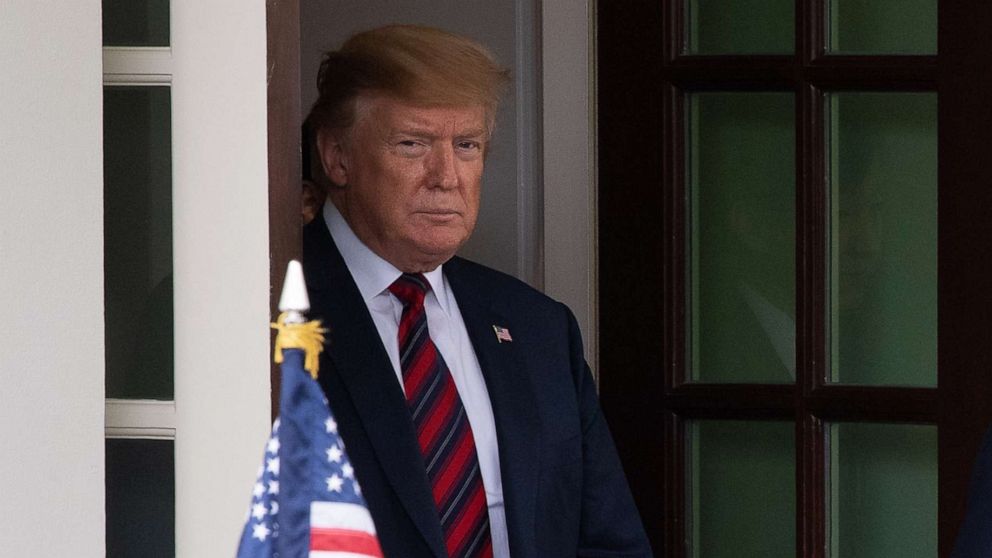Here's what we know about: Collusion
As members of President Donald Trump’s legal team have repeatedly pointed out, the word "collusion," itself, does not appear in the federal code.
Special counsel Robert Mueller weighed in on the use of the non-legal term saying "this Office evaluated potentially criminal conduct that involved the collective action of multiple individuals not under the rubric of 'collusion,' but through the lens of conspiracy law."
"The Office recognized that the word 'collud[e]' appears in the Acting Attorney General's August 2, 2017 memorandum; it has frequently been invoked in public reporting; and it is sometimes referenced in antitrust law...But collusion is not a specific offense or theory of liability found in the U.S. Code; nor is it a term of art in federal criminal law."
The non-legal term, however, defined by Merriam-Webster’s dictionary as, "a secret agreement or cooperation especially for an illegal or deceitful purpose," has come to be used in connection with, or as a shorthand for, the type federal crime of conspiracy – which occurs when "two or more persons conspire either to commit any offense against the United States," according to legal statute.
Here's what the redacted version of special counsel Robert Mueller's report suggests about potential "collusion."
Here's the issue:
Multiple contacts between Russians and Trump officials
Here's where you can find it in the report:
Page 5
Here's the summary:
The Mueller investigation "uncovered numerous links — i.e. contacts — between Trump campaign officials and individuals having or claiming to have ties to the Russian government."
Among the people: Carter Page, an unpaid adviser to Trump's campaign, George Papadopoulos, one-time campaign foreign policy adviser, Jared Kushner, the president's son-in-law, JD Gordon, a campaign adviser, Paul Manafort, former Trump campaign chairman, Erik Prince, Trump ally and Blackwater founder, and Jeff Sessions, a former senator and attorney general. The report notes, as ABC first reported, that Sessions when he was attorney general was investigated for perjury over his testimony to Congress about his contacts with the Russian ambassador.
Here's what the report says:
"The Russian contacts consisted of business connection, offers of assistance to the Campaign, invitations for candidate Trump and Putin to meet in person, invitations for Campaign officials and representatives of the Russian government to meet, and policy positions seeking improved US-Russian relations."
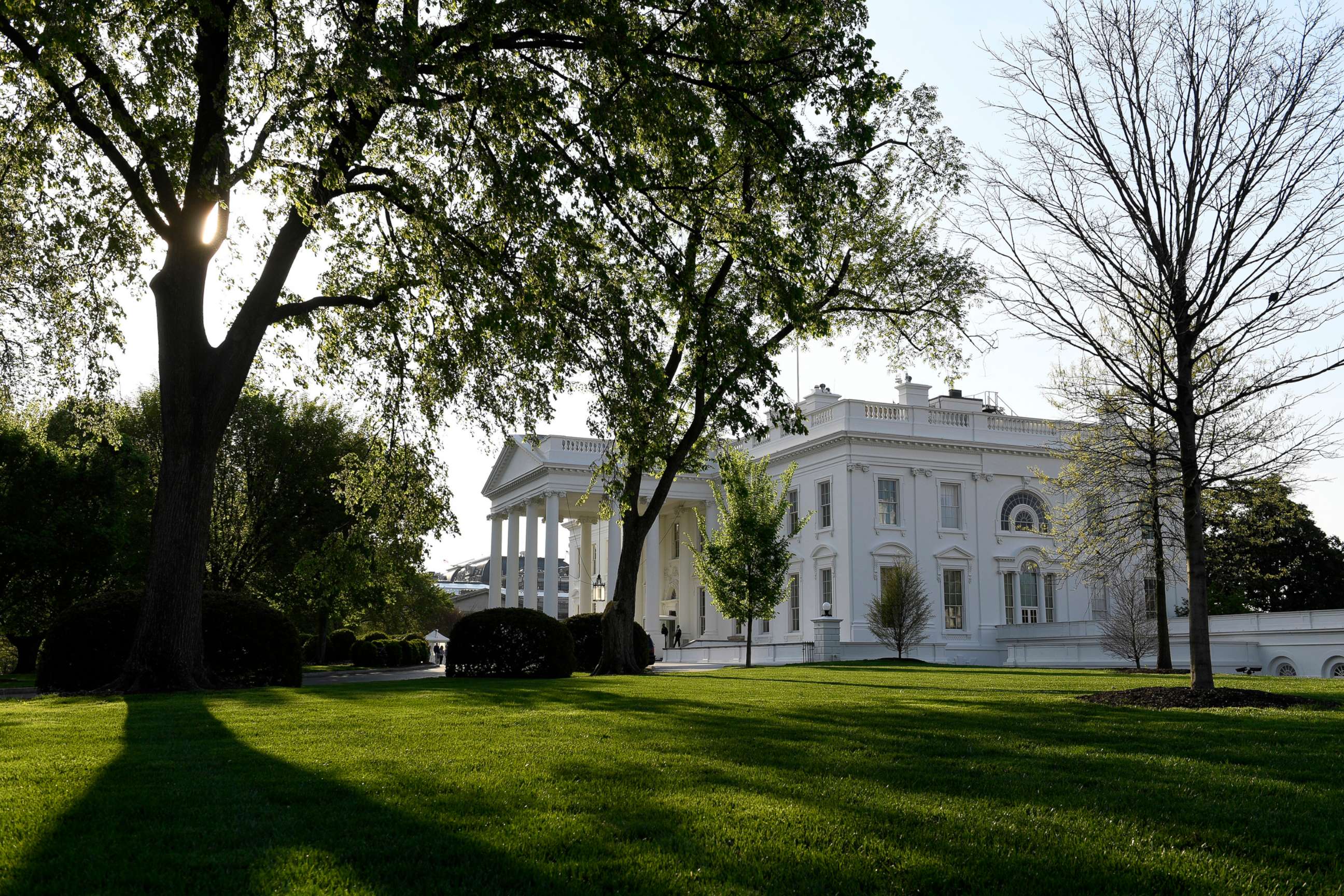
Here's the issue:
Contacts with Russians don’t break U.S. law
Here's where you can find it in the report:
Page 9
Here's the summary:
Mueller’s team determined it would be hard to prove "campaign officials or individuals connected to the campaign willfully violated the law."
Although the investigation found numerous links between people with ties to the Trump campaign, there wasn’t sufficient evidence to prove a charge that any campaign official was acting as an unregistered agent of Russia (among other charges.) Attempts by Russians to provide support at the Trump Tower meeting and with respect to the WikiLeaks release did not yield evidence sufficient for campaign finance violation charges.
Here's what the report says:
Regarding the Trump Tower meeting, for instance: "On the facts here, the government would unlikely be able to prove beyond a reasonable doubt that the June 9 meeting participants had general knowledge that their conduct was unlawful."
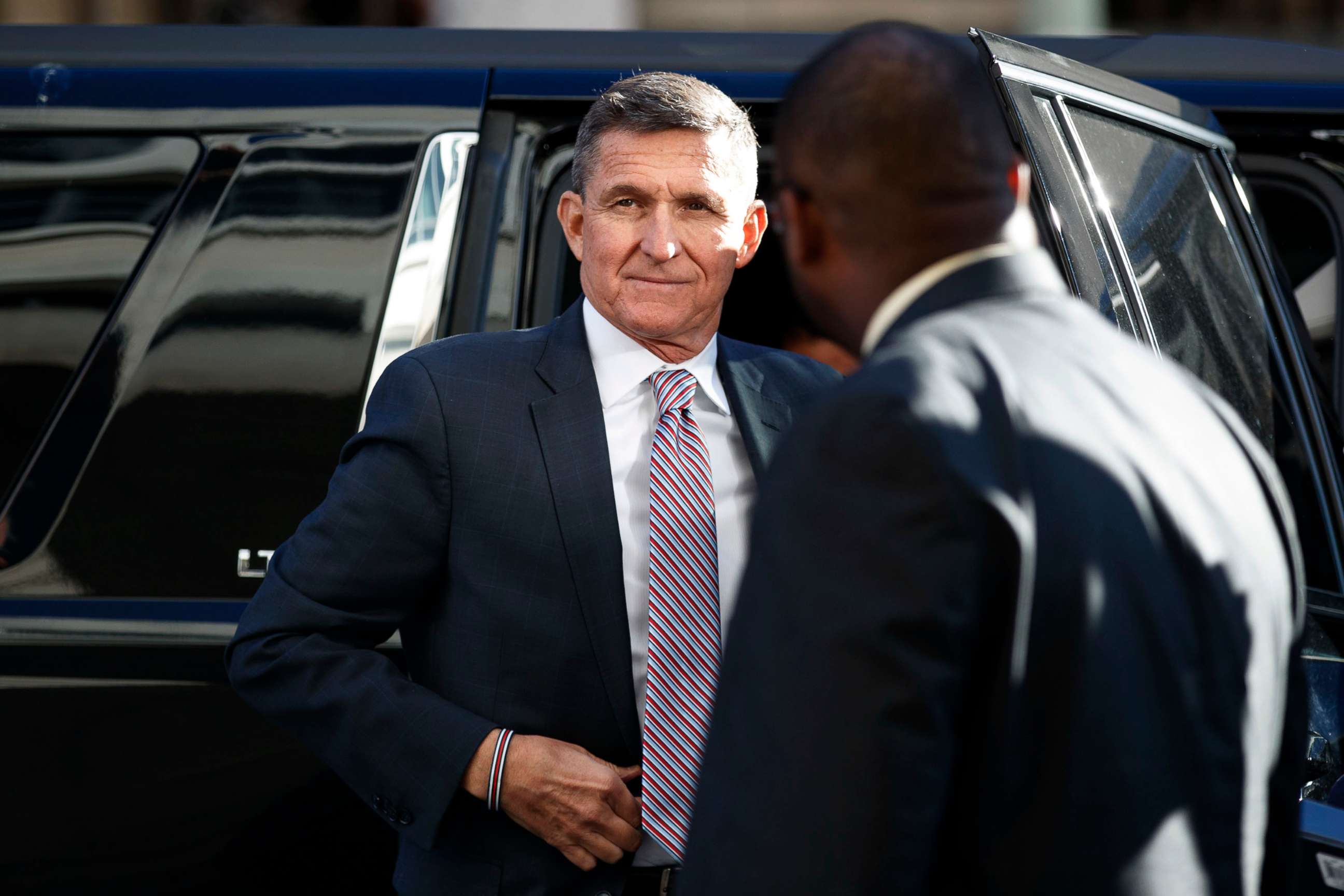
Here's the issue:
Trump campaign unwittingly promoted Russian social media posts– and unwittingly helped Russian efforts to organize pro-Trump rallies.
Here's where you can find it in the report:
Pages 33,34,35
Here's the summary:
The Russian firm known as "IRA" targeted its social media posts to members and surrogates of the Trump Campaign. In total, Trump Campaign affiliates promoted dozens of tweets, posts, and other political content created by the IRA. The Russian social media posts were cited or retweeted by multiple Trump Campaign officials and surrogates, including Donald J. Trump Jr., Eric Trump, Kellyanne Conway, Brad Parscale, and Michael Flynn. These posts included allegations of voter fraud, as well as allegations that Secretary Clinton had mishandled classified information.
Starting in June 2016, the IRA ALSO contacted different U.S. persons affiliated with the Trump Campaign in an effort to coordinate pro-Trump IRA-organized rallies inside the United States.
Here's what the report says:
"While certain campaign volunteers agreed to provide the requested support (for example, agreeing to set aside a number of signs), the investigation has not identified evidence that any Trump Campaign official understood the requests were coming from foreign nationals."
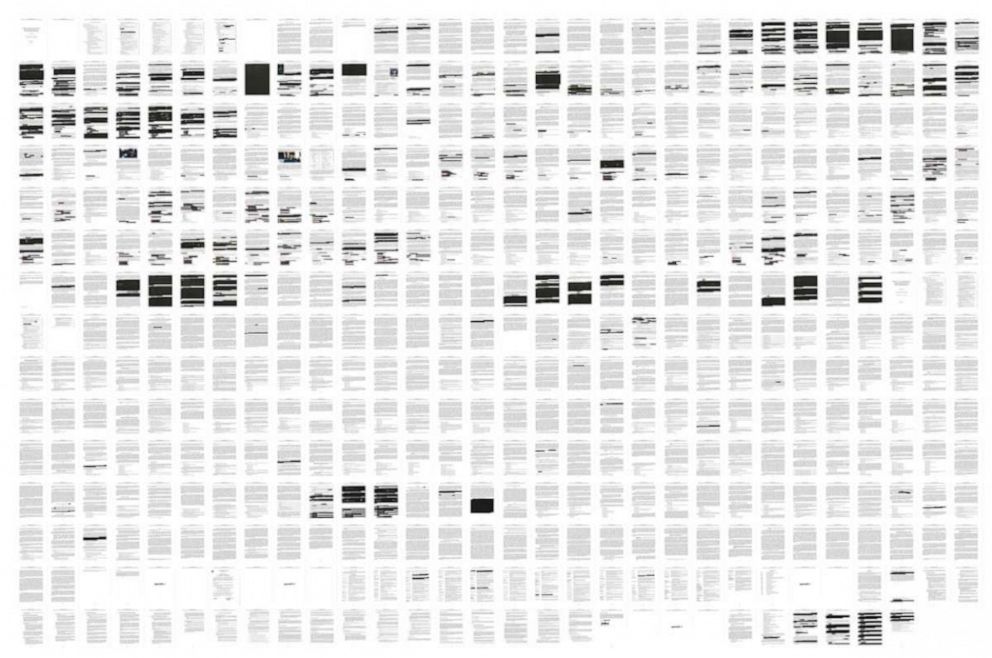
Here's the issue:
Advance discussion (June 9, 2016) of the infamous Trump Tower meeting.
Here's where you can find it in the report:
Page 115
Here's the summary:
The deputy campaign manager, Rick Gates, who struck a cooperation agreement, told special counsel that Donald Trump Jr. announced in a meeting for senior campaign staff that he had a lead on negative Clinton information, potentially from a foreign source. The meeting was attended by Trump Jr., Eric Trump, Paul Manafort, Hope Hicks, and, joining late, Ivanka Trump and Jared Kushner.
Manafort warned the group that the upcoming meeting likely would not yield vital information and they should be careful.
Here's what the report says:
"Rick Gates, who was the deputy campaign chairman, stated during interviews with the special counsel that in the days before June 9, 2016 Trump Jr. announced at a regular morning meeting of senior campaign staff and Trump family members that he had a lead on negative information about the Clinton Foundation. Gates believed that Trump Jr. said the information was coming from a group in Kyrgyzstan and that he was introduced to the group by a friend. Gates recalled that the meeting was attended by Trump Jr., Eric Trump, Paul Manafort, Hope Hicks, and, joining late, Ivanka Trump and Jared Kushner. According to Gates, Manafort warned the group that the meeting likely would not yield vital information and they should be careful. Hicks denied any knowledge of the June 9 meeting before 2017, and Kushner did not recall if the planned June 9 meeting came up at all earlier that week."
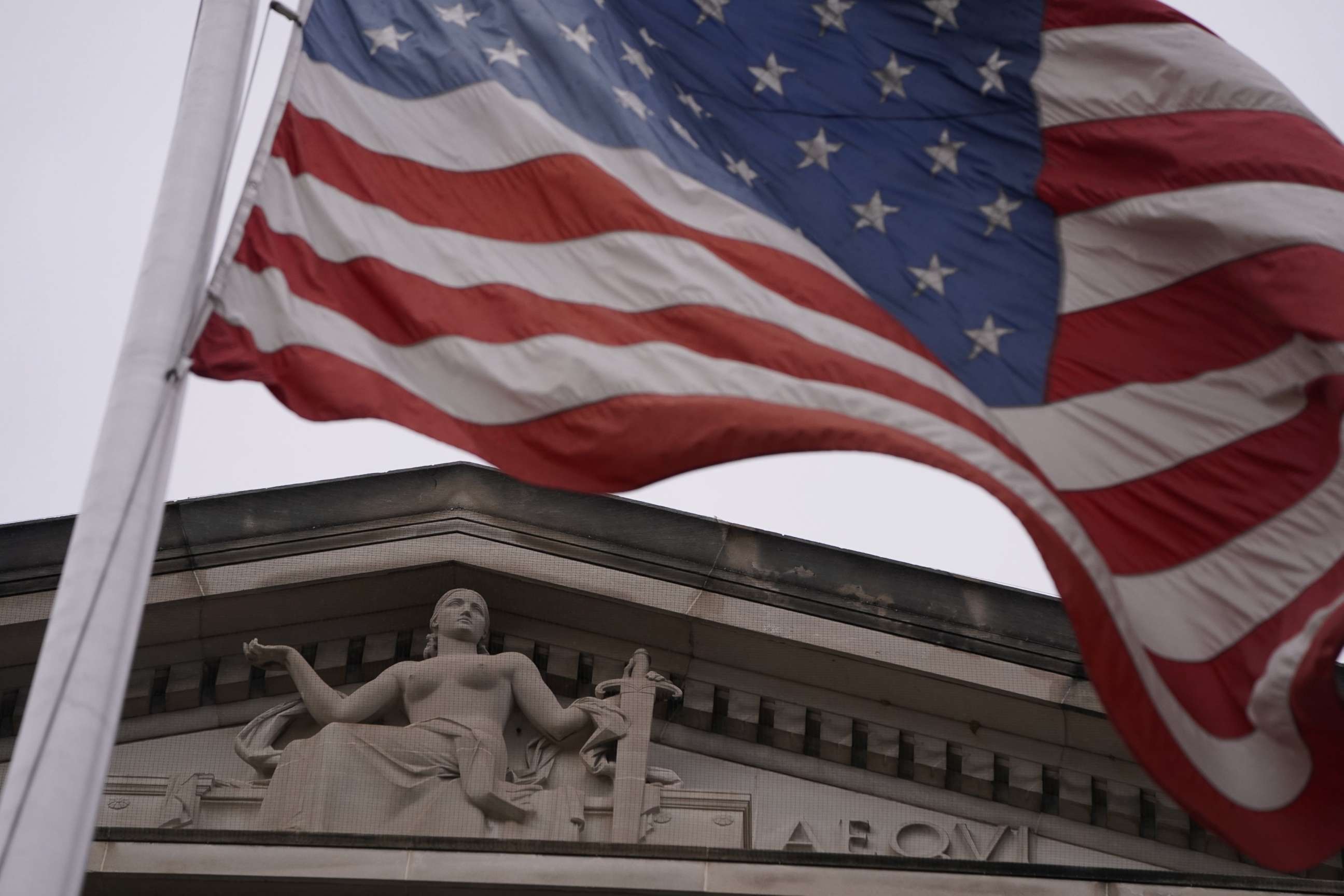
Here's the issue:
Trump asked people affiliated with campaign to find Clinton’s emails "repeatedly," according to Flynn.
Here's where you can find it in the report:
Pages 62,63,64,65
Here's the summary:
After Trump’s July 2016 press conference inviting the Russians to find them, Flynn contacted multiple people about finding the "missing" Hillary Clinton emails from her personal server. That included contact Flynn made to the late Chicago financier Peter Smith and Barbara Ledeen (a long-time staffer to Sen. Grassley who was already on the hunt).
Erik Prince provided funding to try and authenticate some emails that were obtained by Ledeen but the tech adviser hired said they weren’t real.
The Special Counsel didn’t find evidence Flynn or other campaign-linked figures initiated or directed Smith’s efforts.
Here's the issue:
Manafort and Trump (excitedly) discussed imminent WikiLeaks dumps.
Here's where you can find it in the report:
Pages 51,52,53,54
Here's the summary:
The report notes that the Trump campaign showed interest in WikiLeaks's releases of hacked material throughout the summer.
According to former deputy campaign manager Rick Gates, "Manafort expressed excitement about the release..." and shortly after WikiLeaks's July 22 release, "Manafort also spoke with candidate Trump..."
Manafort "also [REDACTED] wanted to be kept apprised of any developments with WikiLeaks and separately told Gates to keep in touch with [REDACTED] about future WikiLeaks releases."
The report references a phone call Trump took with an unknown person while Gates was with him. It says: "...while Trump and Gates were driving to LaGuardia Airport." REDACTED "shortly after the call, candidate Trump told Gates that more released of damaging information would be coming."
Much of this section is redacted, but we see that Rick Gates and Michael Cohen provided investigators with information on the matter followed by redactions labeled "Harm to Ongoing Investigation." It also indicates that Manafort's breach of his plea agreement with the Special Counsel's office was directly regarding his untruthfulness about contacts with the campaign and WikiLeaks
Here's what the report says:
"According to Gates, Manafort expressed excitement about the release...[REDACTED] Manafort, for his part, told the Office that, shortly after WikiLeaks's July 22 release, Manafort also spoke with candidate Trump..." [REDACTED] "...Manafort also [REDACTED] wanted to be kept apprised of any developments with WikiLeaks and separately told Gates to keep in touch with [REDACTED] about future WikiLeaks releases. According to Gates, by the late summer of 2016, the Trump Campaign was planning a press strategy, a communications campaign, and messaging based on the possible release of Clinton emails by WikiLeaks...."
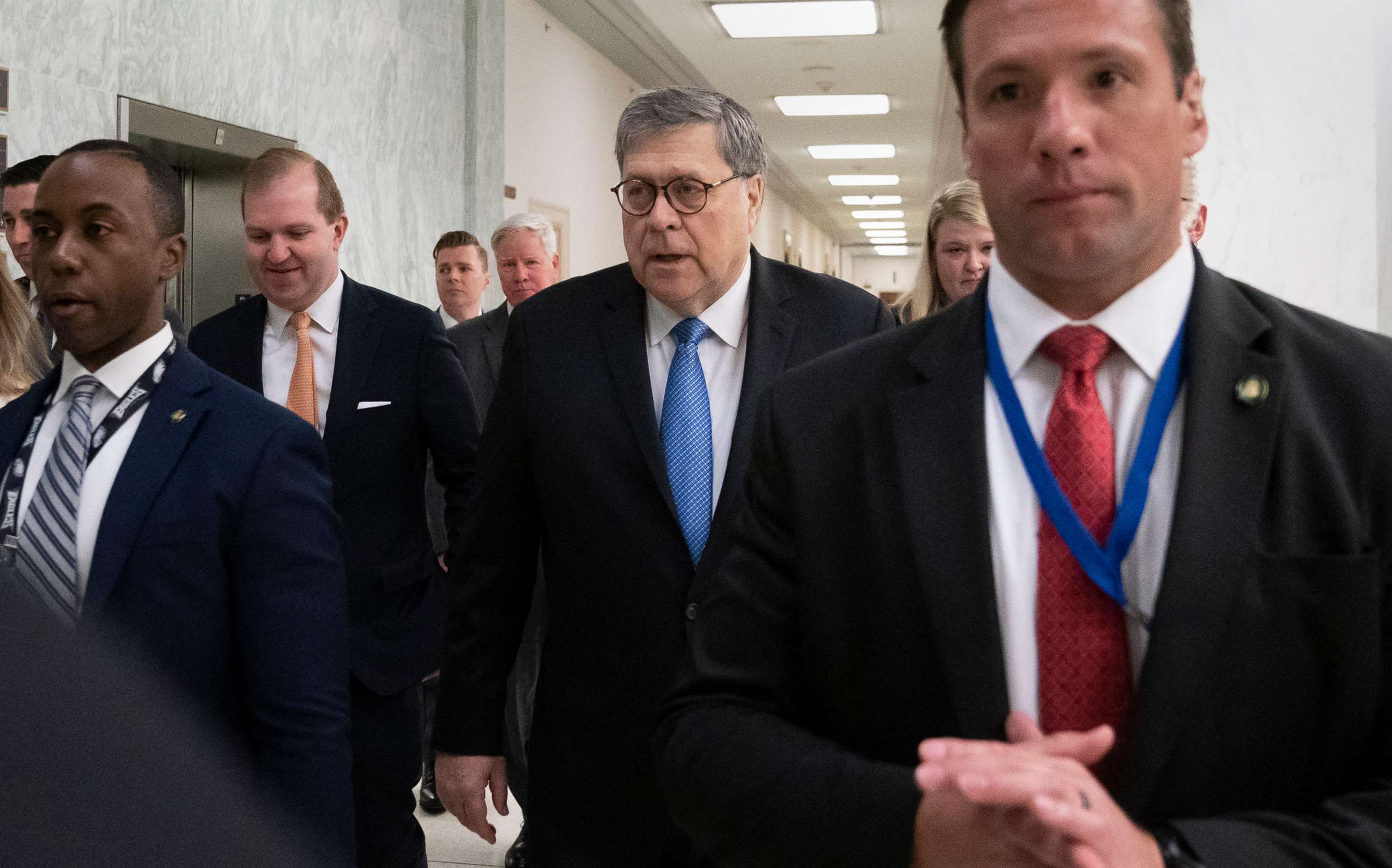
Here's the issue:
By deleting messages, Trump campaign associates may have hampered probe.
Here's where you can find it in the report:
Page 10
Here's the summary:
The special counsel says it learned that some individuals interviewed or investigated who were associated with the Trump Campaign deleted relevant messages or communicated with encrypted apps, creating "identified gaps" in the investigation that could alter the descriptions of the events in the report.
Here's what the report says:
"Further, the Office learned that some of the individuals we interviewed or whose conduct we investigated-including some associated with the Trump Campaign-deleted relevant communications or communicated during the relevant period using applications that feature encryption or that do not provide for long-term retention of data or communications records. In such cases, the Office was not able to corroborate witness statements through comparison to contemporaneous communications or fully question witnesses about statements that appeared inconsistent with other known facts."
"Accordingly, while this report embodies factual and legal determinations that the Office believes to be accurate and complete to the greatest extent possible, given these identified gaps, the Office cannot rule out the possibility that the unavailable information would shed additional light on (or cast in a new light) the events described in the report."
Here's the issue:
How the Trump Tower Moscow efforts and the campaign intertwined.
Here's where you can find it in the report:
Pages 67-80
Here's the summary:
The report describes in detail the efforts spearheaded by Trump’s personal attorney Michael Cohen to pursue a major real estate project in Moscow, efforts to gain the support of Russian government officials and the intermingling of the project and the presidential campaign’s prospects. The project effort lasted until June 2016, the report says.
Trump at one point told Cohen that his campaign would be significant "infomercial" for Trump-branded properties.
Among the characters involved was ex-Russian energy official Dmitry Klokov, NOT an Olympic weight lifter as has been previously reported, who said he could offer the campaign "political synergy" and "synergy on a government level," suggesting he had access to senior Kremlin figures. Klokov got in touch with Cohen after his then-wife emailed Ivanka Trump in late 2015.
Klokov said that a meeting between Trump and Putin could have a "phenomenal impact" in a "business dimension."
Cohen also pursued the project with Trump Organization adviser Felix Sater, whose previously reported emails showed he believed the Moscow project could help Trump land in the White House. Ultimately the building project was scrapped and efforts to arrange a meeting between Putin and Trump proved failed.
Additional note: Ivanka was also the recipient of an invitation for her and Trump to attend the St. Petersburg International Economic Forum from a high-ranking Russian official who sent it through a fashion contact of Ivanka. Trump declined, citing campaign commitments.
Here's what the report says:
"According to Cohen, he did not consider the political import of the Trump Moscow project to the 2016 U.S. presidential election at the time. Cohen also did not recall candidate Trump or anyone affiliated with the Trump Campaign discussing the political implications of the Trump Moscow project with him. However, Cohen recalled conversations with Trump in which the candidate suggested that his campaign would be a significant "infomercial" for Trump-branded properties."
Here's the issue:
Russian banker gave painting to Kushner – yet it remains unclear why they met.
Here's where you can find it in the report:
Pages 161-163
Here's the summary:
At the prompting of Russian Ambassador Sergey Kislyak, Kushner took a meeting during the transition with Sergey Gorkov, the head of the Russian-owned (and US-sanctioned) bank VEB.
Gorkov presented Kushner with two gifts: a painting and a bag of soil from the town in Belarus where Kushner's family originated.
Kushner says the meeting was diplomatic in nature, while Gorkov has publicly suggested that he met with Kushner in his capacity as CEO of Kushner Companies—and told another bank executive that the meeting was part of a trip sanctioned by Putin. The special counsel did not resolve the conflict between the two accounts, but also did not identify any substantial follow-up after the meeting.
Here's what the report says:
"The accounts from Kushner and Gorkov differ as to whether the meeting was diplomatic or business in nature. Kushner told the Office that the meeting was diplomatic, with Gorkov expressing disappointment with U.S.-Russia relations under President Obama and hopes for improved relations with the incoming Administration. According to Kushner, although Gorkov told Kushner a little bit about his bank and made some statements about the Russian economy, the two did not discuss Kushner's companies or private business dealings of any kind. (At the time of the meeting, Kushner Companies had a debt obligation coming due on the building it owned at 666 Fifth Avenue, and there had been public reporting both about efforts to secure lending on the property and possible conflicts of interest for Kushner arising out of his company's borrowing from foreign lenders.)"
"In contrast, in a 2017 public statement, VEB suggested Gorkov met with Kushner in Kushner's capacity as CEO of Kushner Companies for the purpose of discussing business, rather than as part of a diplomatic effort. In particular, VEB characterized Gorkov's meeting with Kushner as part of a series of "roadshow meetings" with "representatives of major US banks and business circles," which included "negotiations" and discussion of the "most promising business lines and sectors."
"Foresman, the investment bank executive ... told the Office that he met with Gorkov and VEB deputy chairman Nikolay Tsekhomsky in Moscow just before Gorkov left for New York to meet Kushner... According to Foresman, Gorkov and Tsekhomsky told him that they were traveling to New York to discuss post-election issues with U.S. financial institutions, that their trip was sanctioned by Putin, and that they would be reporting back to Putin upon their return."
"The investigation did not resolve the apparent conflict in the accounts of Kushner and Gorkov or determine whether the meeting was diplomatic in nature (as Kushner stated), focused on business (as VEB's public statement indicated), or whether it involved some combination of those matters or other matters. Regardless, the investigation did not identify evidence that Kushner and Gorkov engaged in any substantive follow-up after the meeting."
